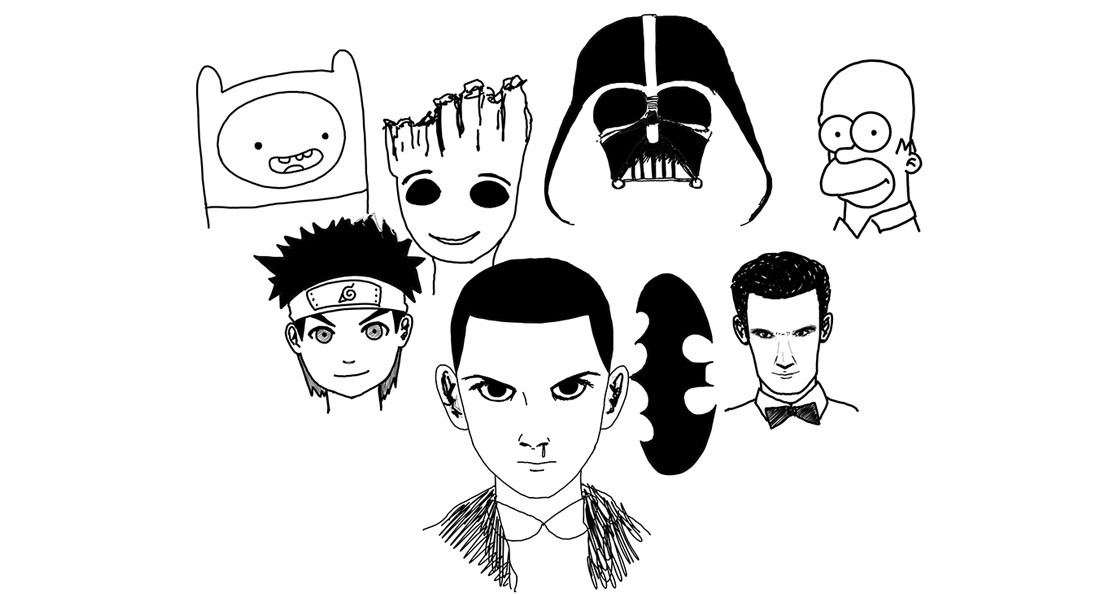Trivia nights celebrate knowledge
Bragging rights are often the most valued prize
Trivia nights are an opportunity for fans to gather and show their knowledge of their favourite show, movie or book.
“It’s a way for all these fans to come together and really celebrate something that they cherish and love,” Sarah Petty, host of Harry Potter trivia nights, says.
Petty has co-hosted two Harry Potter trivia nights at The Handsome Daughter as fundraisers for the Manitoba Psychology Students Global Mental Health Initiative (MaPs4mentalhealth).
Chris Cox has joined The Handsome Daughter’s regular trivia host Grant Danyluk for a few events. Cox has co-hosted a few of the nights, including ones dedicated to The Simpsons, Arrested Development and Friends.
Cox says the hosts usually choose shows that have a strong cult following.
Prior to an event, teams of two to four submit their team name via email. The night of the event, the hosts will screen an episode of the show or a part of the movie as participants arrive.
“We have a round of questions, and then we’ll watch another episode, and then we do another round of questions, watch another episode, and then it’s like the lightning round at the end for the top three teams,” Cox says.
Teams fill out their responses to the questions on a sheet, and hosts collect the papers to tally scores at the end of each round. The Lightning Round takes place on stage, with one member of each highest-scoring team replying to verbal questions with buzzers. The winners often receive a bar tab or a thematic prize.
When deciding on the questions, Petty explains that it helps for hosts to be familiar with the show.
“We try to choose questions … that are more at an intermediate level, so that people can kind of feel invested, and they tend to get harder as the questions go along,” she says.
“We go through episodes and find little things that people might have missed and that you can only see if you’re really paying attention,” Cox says. “It might be easy to miss, but like, somebody who really loves the show might actually know.”
Petty explains that, for Harry Potter trivia, the hosts choose questions that relate to the book rather than the movie, since knowledge of the book series determines who are the real fans.
People who attend “like trying to challenge themselves, but also everyone likes to say ‘Hey, I won, and know more about this than everybody else,’” Cox says. He observes people quoting along with the episodes and repeating popular lines.
The aspect of a community oriented around a common interest appeals to the psychology students, especially in their mental health initiative, Petty says. “Bringing people out of their … routines, having a little bit of fun, seeing friends, feeling that community atmosphere – all of that contributes to positive mental health.”
Cox notes that a little over half the participants at any given night have attended trivia in the past. The participants are varied in age, since shows with a large following usually have a broad fan base.
“When you cherish a book, or a movie, or a TV show that much, you do take pride in how well you know it,” Petty says. “Getting the chance to prove that … represents that love in the really concrete way that people can feel proud of.”
Published in Volume 72, Number 11 of The Uniter (November 23, 2017)







